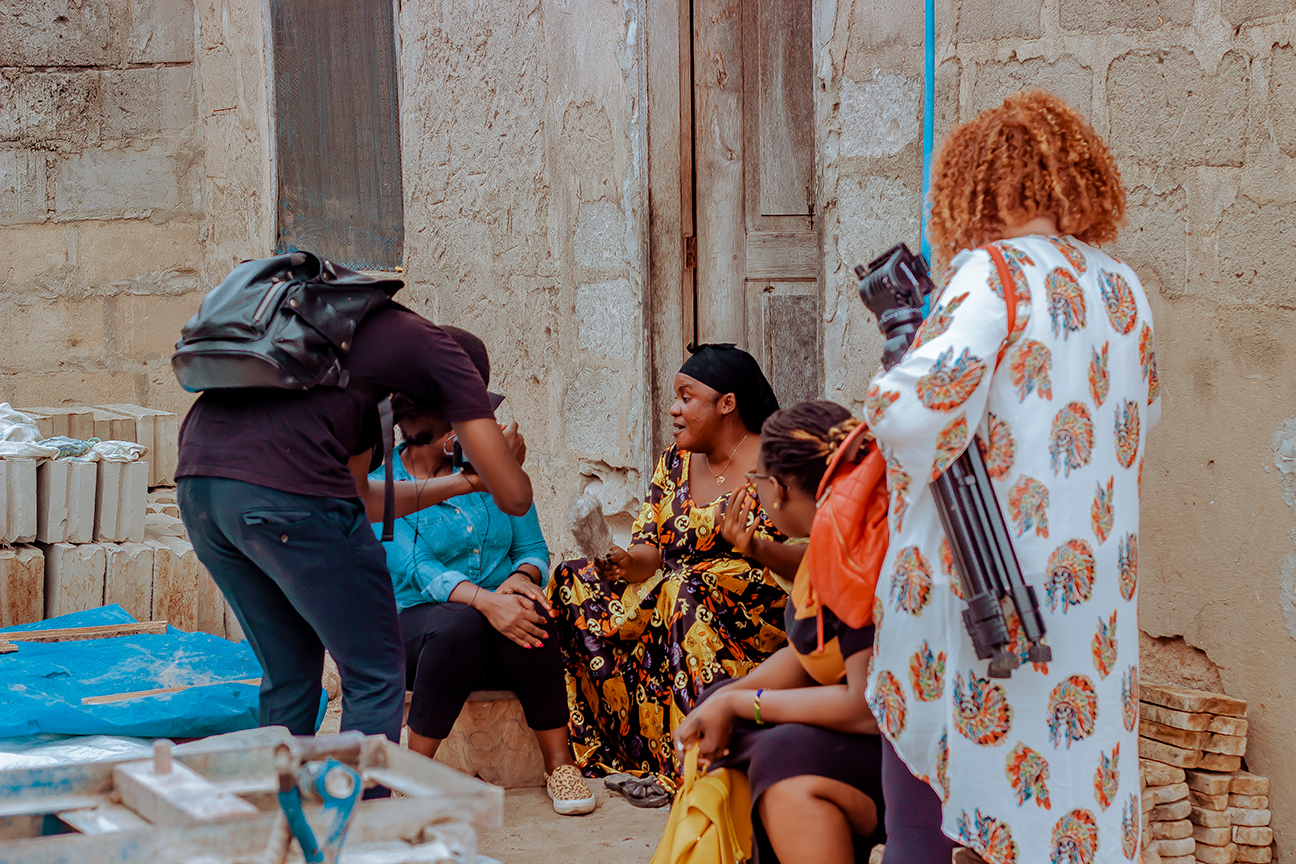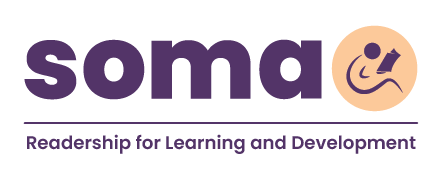- 6 Mlingotini Close, Plot No 53 Regent Street, Regent Estate
- info@soma.or.tz
- +255 673 014 071
- 6 Mlingotini Close, Plot No 53 Regent Street, Regent Estate
- info@soma.or.tz
- +255 673 014 071
- Who we are
Learn more about soma:
Our mission, journey, and the team behind our reading revolution.

- What we do
Empowering Through Readership
Discover how SOMA fosters learning and development with impactful programs and events.
- Get involved
- Newsroom
Get the Latest from Soma
Stay updated with our latest stories, events, and media highlights.- Our Stories
- Recent Updates
- Press Releases
- Reading Tips




Ufunguzi wa Kestoria kavazi..
//August 12, 2022Read MoreUfunguzi wa Kestoria kavazi..
Kavazi la kifeminia lenye hadithi na simulizi mbalimbali
prevnext
- Resources
Resources for Readers
Access tools, guides, and links to support your reading and learning journey.
Books & Reading
- Kalamu Ndogo Series
- Andika na soma
- Taswira Book club picks
Poetry & Creative writting
- WAKA poetry Collection
- Hadithi Zetu feminist stories
- Writing Prompts and guides
Story telling and learning Tools
- Watoto na Vitabu Guides
- School Reading Plans
- Community reading guides
Advocacy & Research
- Policy Brief
- Literacy impact studies
- Tanzania Book development
- Contact Us
Get in Touch with SOMA
Visit us, call us, or connect online – we’d love to hear from you!- 35 Regent Street, Regent Estate, Dar es Salaam, Tanzania
- Mon–Sat, 9 AM–6 PM (Closed Sundays)
- +255 763 614 314
- Community Impact





